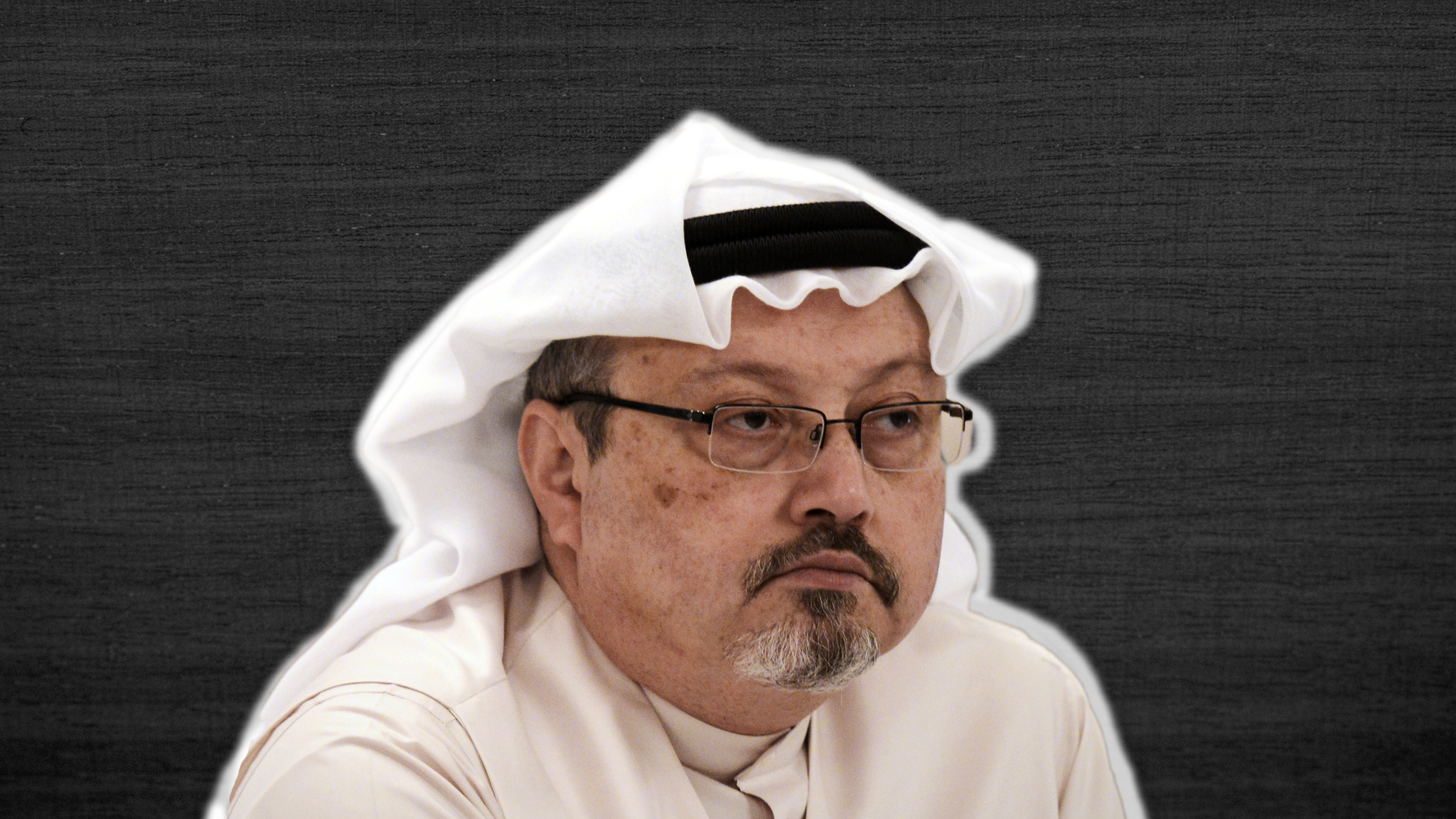Jamal Khashoggi murder ordered by agent - Saudi prosecutor
- Published
Jamal Khashoggi: What we know about the journalist's disappearance and death
Saudi Arabia's public prosecutor has concluded that an intelligence officer ordered Jamal Khashoggi's murder, and not Crown Prince Mohammed bin Salman.
The officer was tasked with persuading the dissident journalist to return to the Gulf kingdom, a spokesman said.
Khashoggi was given a lethal injection after a struggle in the Saudi consulate in Istanbul on 2 October, he added.
The public prosecutor has charged 11 people over the murder, external and is seeking the death penalty for five of them.
Their cases have been referred to a court while investigations into another 10 people suspected of involvement continue.
The US treasury department later imposed economic sanctions on 17 Saudi officials who it said had "targeted and brutally killed" Khashoggi, external, who lived and worked in the US, and had to "face consequences for their actions".
The Saudi foreign minister blamed "rogue individuals"
They included Saud al-Qahtani, a former adviser to the crown prince who the treasury department alleged was "part of the planning and execution of the operation" that led to Khashoggi's murder; Maher Mutreb, who it said had "co-ordinated and executed" the operation; and Mohammed Alotaibi, the Istanbul consul-general.
Secretary of State Mike Pompeo said the sanctions were "an important step in responding to Khashoggi's killing" and vowed to "continue to seek all relevant facts, consult Congress, and work with other nations to hold accountable those involved".
At a news conference in Riyadh on Thursday, Deputy Public Prosecutor Shalaan bin Rajih Shalaan said Khashoggi's body was dismembered inside the consulate after his death, external.
The body parts were then handed over to a local "collaborator" outside the grounds, he added. A composite sketch of the collaborator has been produced and investigations are continuing to locate the remains.
Mr Shalaan did not identify any of those charged with the murder.
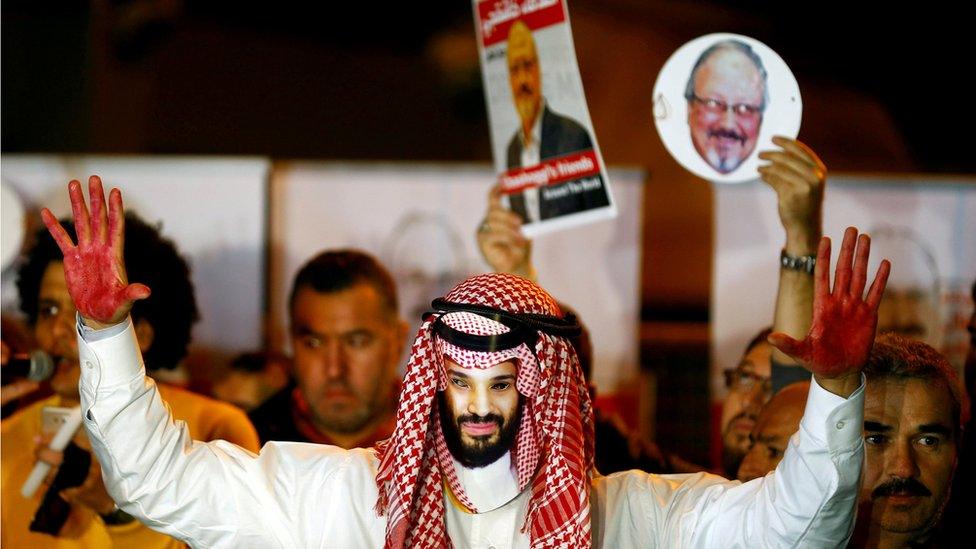
Critics believe Crown Prince Mohammed Bin Salman would have been aware of the operation
But he said investigations had "revealed that the person who ordered the killing was the head of the negotiations team" sent to Istanbul by deputy intelligence chief Gen Ahmed al-Assiri to force Khashoggi to return to Saudi Arabia from his self-imposed exile.
"[The crown prince] did not have any knowledge about it," he insisted.
Prince Mohammed, the son of King Salman and Saudi Arabia's de facto ruler, has denied any role in what he has called a "heinous crime that cannot be justified".
Critics believe it is highly unlikely he would not have been aware of the operation.
Several of the 21 people arrested over the murder have been seen in his security detail in the past. Gen Assiri and Mr Qahtani have also been sacked over the incident.
Mr Shalaan said Mr Qahtani had been banned from travelling and remained under investigation, but he did not say what had happened to Gen Assiri.
Turkish President Recep Tayyip Erdogan has said "the order to kill Khashoggi came from the highest levels of the Saudi government" but that he does not believe King Salman gave it.
Jamal Khashoggi's fiancee: "We didn't say any goodbyes"
Turkey's Foreign Minister Mevlut Cavusoglu said on Thursday that some of the statements by the Saudi deputy public prosecutor were "unsatisfactory".
"They say this person was killed because he resisted, whereas this murder was premeditated," he told reporters.
"Again, they say he was dismembered... but this isn't a spontaneous thing. The necessary equipment and people were previously brought in to kill and later dismember him."
Turkish officials have alleged that the 15 Saudi agents who flew to Istanbul in the hours before the murder, one of whom is believed to have been a forensic pathologist working for the Saudi interior ministry, were carrying a bone saw.
"Those who gave the command as well as instigators should also be clarified and this process should not be covered up," Mr Cavusoglu said, adding that Turkey would "shed light on this murder in all its aspects."
- Published12 November 2018
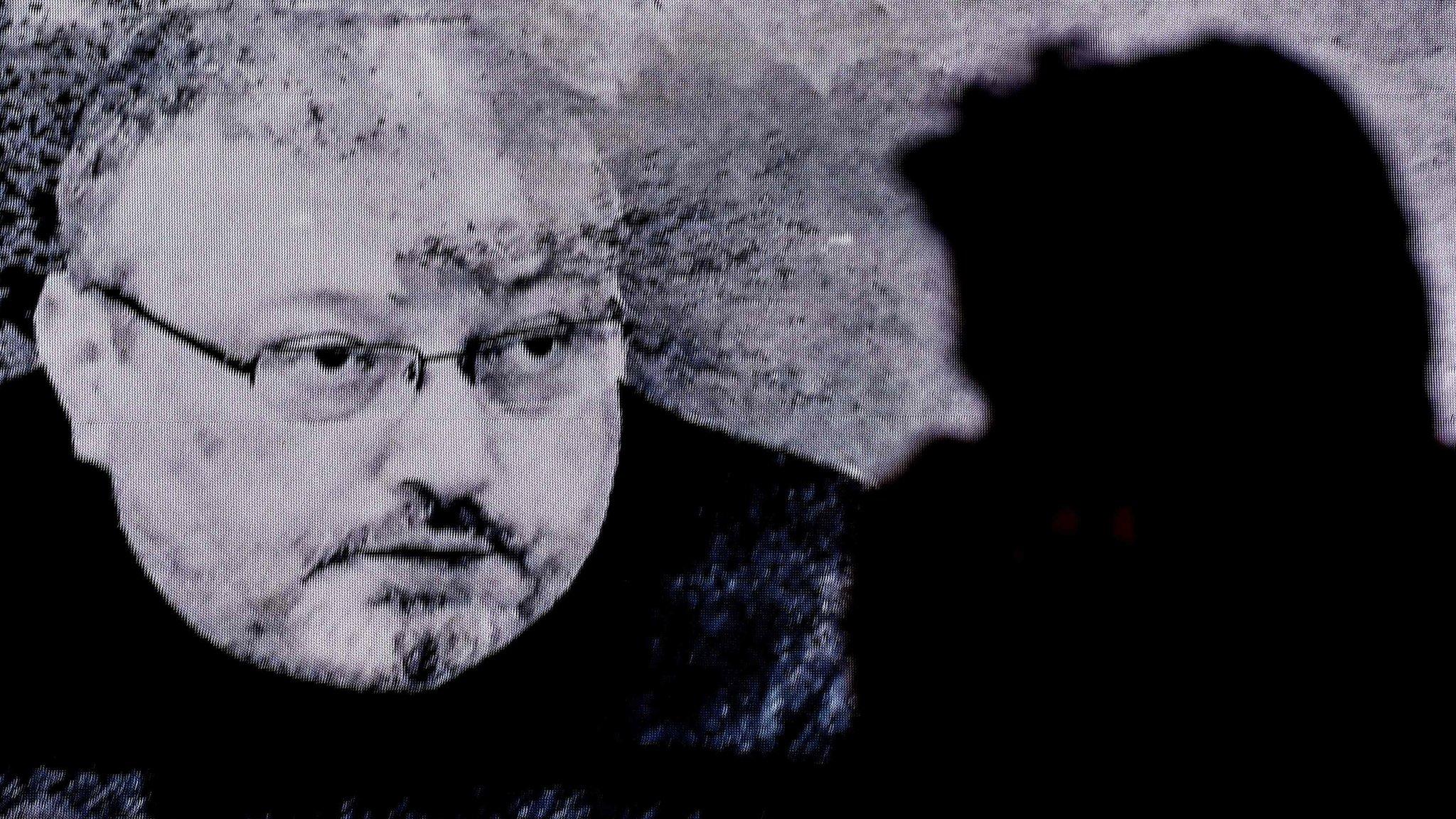
- Published2 November 2018
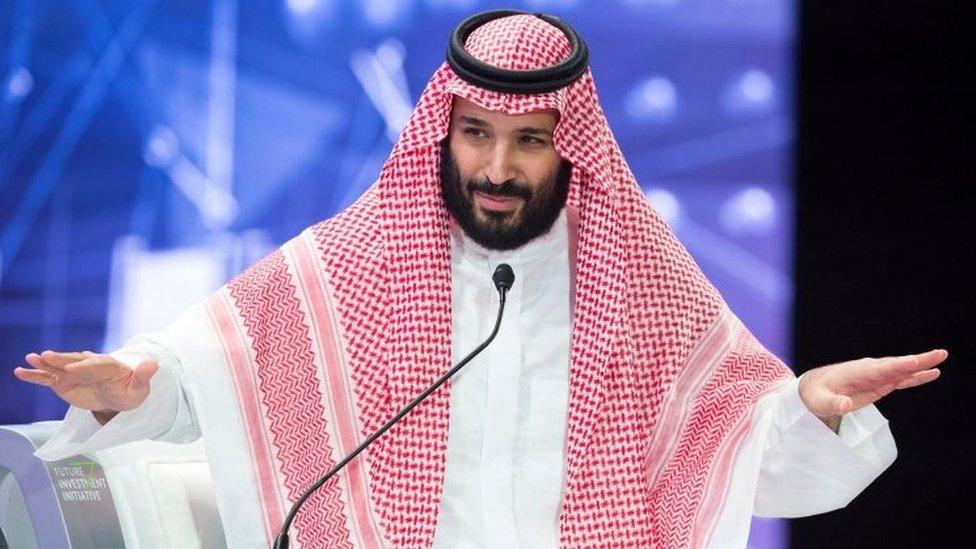
- Published29 October 2018
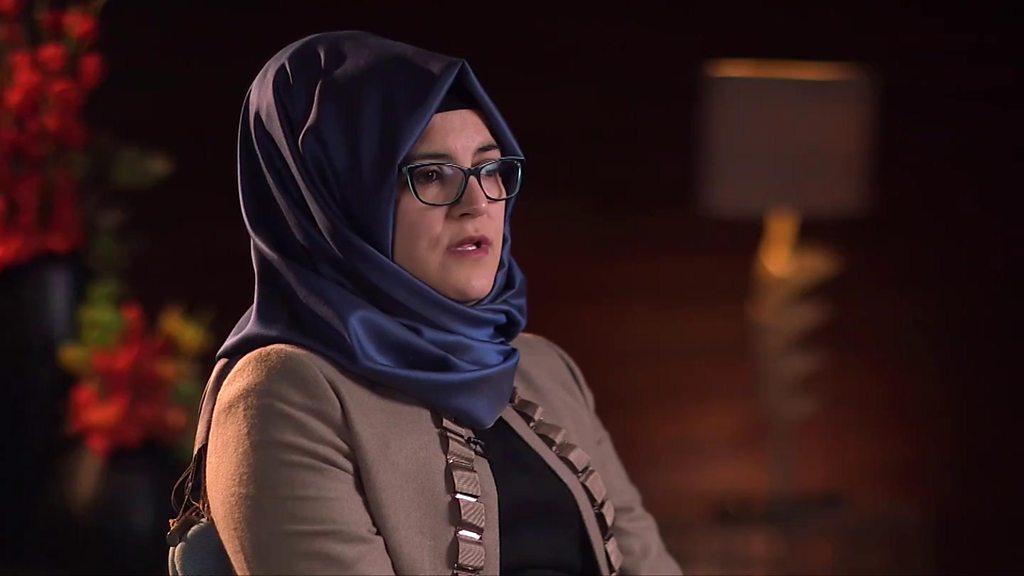
- Published24 February 2021
